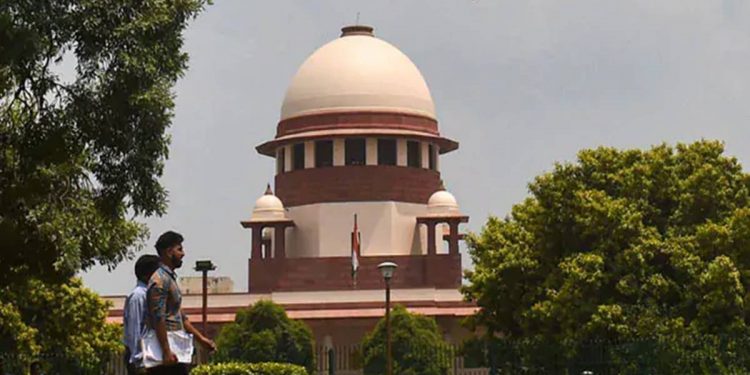The state of chaos and confusion that marks India’s noisy democracy often presents grim situations. So also with the issue of holding of examinations in the season of the COVID-19 pandemic. It is increasingly clear that the virus spread is not going to end soon – and most likely will not disappear in a few months’ time as was foolishly surmised earlier in March this year. No lighting of lamps or beating of pots and pans helped neutralize this deadly disease. The balcony owning crowd in India has not yet comprehended how many people survive homeless in this country. This means readjustments in life styles must be made as the situation is evolving.
Most sectors of public life are learning to live or cope with the new normal until the time a miracle happens in the form of some effective vaccines or drugs. Factories have begun resuming their functions for most part and markets and shopping malls are reopening. Education, however, has taken the worst hit as it involves group activity. That is anathema in times of a virus spread. For the balcony crowd again, online teaching sessions have become the way forward, but this requires new systems, new equipment and a conditioning of the minds of the students and teachers. On the flip side, educationists, planners and administrators have to take into account the huge number of children left out of online teaching because of not having computers, Internet connections, steady power supply and other facilities at home. On one hand, the recently announced New Education Policy goes lot many steps ahead in its realization of the true situation existing at the ground level. Not only Mid-Day Meal, this new policy has proposed introducing a nourishing breakfast at school. The intention is to attract kids from the age of 3 to attend and probably learn something. When the nation acknowledges the fact that bulk of our children are, even today, malnourished and thereby their mental development has been impacted, the talk of Online Classes could seem like a thought emanating from outer space. There is no balance in this country as far as recognizing and addressing true situations are considered.
Returning to exams, a paralysis of sorts has hit the education sector as a whole. Students can wait a while to resume their studies at the cost of one precious year in their lives. Question is, what of the examinations and the rankings, marks, and assessments that take the students from one level to the other.
The confusion was understandable, but the way it was tackled or not tackled effectively by authorities has created a situation in which the matter has ended up in Supreme Court – a time when judiciary as a whole is limping and only supposedly urgent matters, such as Contempt of Court, are taken up for consideration, that too mostly by video-linked remote hearing. The issue of the UGC coming up with a circular to universities to hold annual/terminal/semester examinations irrespective of the presence of the COVID threat has created huge confusion. This is seen to have gone against the new regulations in place for disaster management, which involved social distancing. Examinations are something that cannot be held with strict adherence to present infection related rules, unless, of course, done online. Studies can be done in isolation from homes but it will be impossible to hold exams that way as supervision will not be possible to check malpractices.
The problem was complicated as some states like Maharashtra and Delhi challenged the UGC circular of 6 July and issued executive orders cancelling examinations. The matter ended up in courts, with students and others filing petitions. According to details submitted by the UGC before court, over 600 of the 818 universities have either already conducted their examinations, many of them before the pandemic arrived, or have expressed a willingness to hold the exams. It says nearly 400 universities are ready to hold exams in offline, online, or blend mode this month or the next.
The issue before the apex court, per se, is not whether examinations should be held or not, which is a decision in the realm of the executive, but whether the UGC order contravened the provisions of the Disaster Management Act in the context of the COVID-19 pandemic. The court that took up the matter on Monday has posted the matter for hearing on August 14, while students are left high and dry, in a state of despair.
Appearing for examinations requires a tuning of the mind and preparations of a high order. Students cannot write exams without preparations. They also cannot prepare today and appear for exams six months later. That kind of exams are not the done thing in India since education is based on a rote learning system.
Question is, why the central authority, namely the Union Ministry of Education, did not discuss the matter with stakeholders in advance and arrive at a decision or facilitate consensus on the matter before announcing it in public. What it displays now is a state of ruthless rudderless attitude, which has come to characterize governance in this country. Nothing seems to move in the right direction any more. The ultimate victim in this particular mismanagement will be the nation’s children.






































